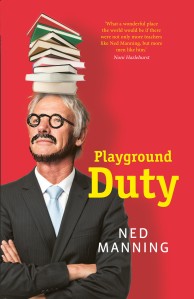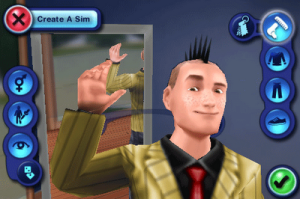Exciting development: the podcast of Tuesday’s Cherchez la Femme panel has been published: here. In it, you’ll hear a couple of hours of me, Karen Pickering, Madeleine Crofts and Stephanie Rogers discussing feminism and teaching.
Listening back, I’m amazed by how quickly I’ve sponged up educational theory. “Education theory backs this up,” I say at 35:20 or so, as if I knew what I was on about. “This is actually the way that students genuinely learn and their minds actually change.”
Other things to listen out for include Madeleine at 44:05, on teaching by not being an expert [“I tell them that all the time. ‘I don’t know everything and I make mistakes all the time. Same as you. We’re pretty much the same. Like, I know a little bit more than you, but not much.'”]; Karen at 1:02:55, on not quashing comedy in classrooms [“I think that creating environments where teachers get the joke sometimes and trust kids to handle comedy and humour between themselves is a really vital kind of dimension of trust”]; and Stephanie at 1:23:45 [sic], on the gendered dynamics of parent-teacher relationships [“I could not think of a single male who’s copped it from a parent.”].
It was a great night. Enjoy the podcast and see you in the audience for next month’s Cherchez la Femme.



